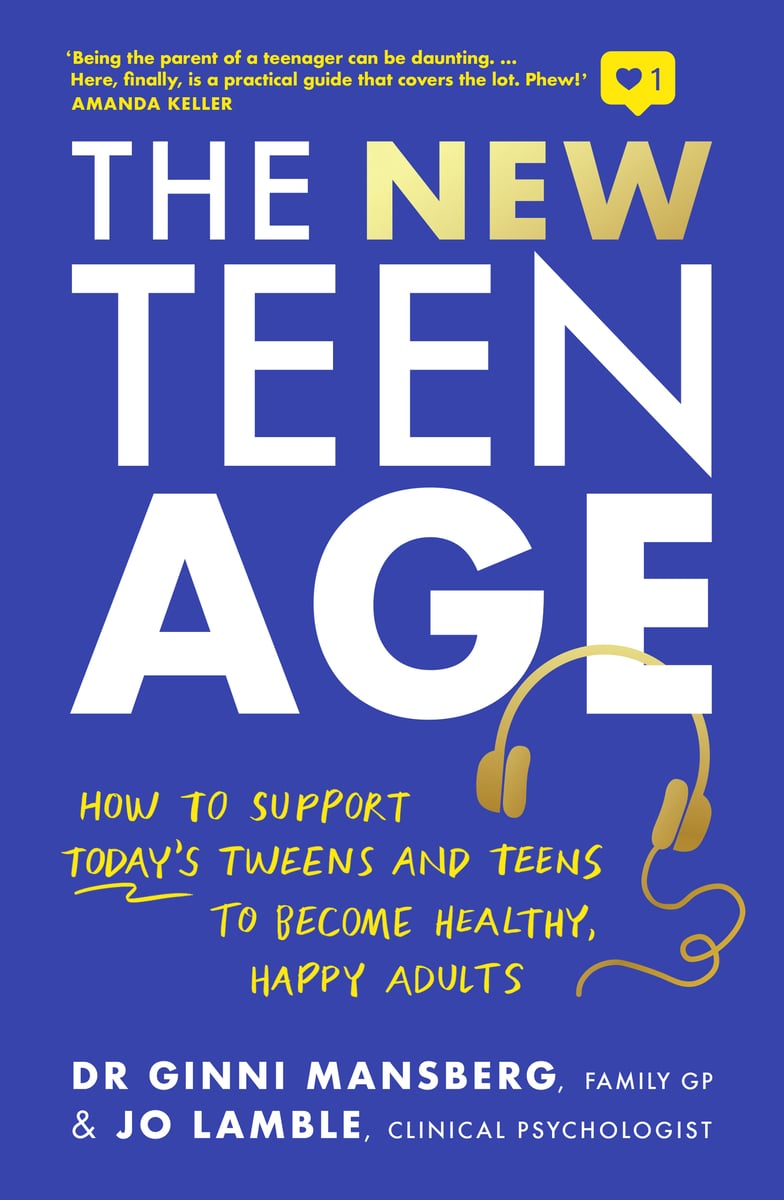
Let’s talk about online safety. And let’s be realistic about it.
Many experts have suggested that children should only be allowed online if they’re sitting in the middle of the house where their parents can walk past at any time and see the screen. Is that practical in your household?
Many experts have suggested that you only allow your children to have Facebook, Instagram or TikTok accounts if they accept you as their online friends. But do you know how many teens have separate accounts to get around that? There are the accounts they show their parents and the 'real ones' that their parents have no idea about. And, again, if we’re paying their phone and internet bills, what rights do we have to set some rules?
This may be a little late for many of you, but if you have a child 12–13 years of age, then our advice would be to surprise them with permission to set up some social media accounts. If you’re not finally relenting after months or years of nagging, then it can be easier to set some initial ground rules. But, even if you’re giving in after holding out for a long time, make the announcement a surprise. That way, they’re more likely to agree to certain terms.
Meet MPlus, a space for women who want more from us to get extra, closer. Post continues below.

